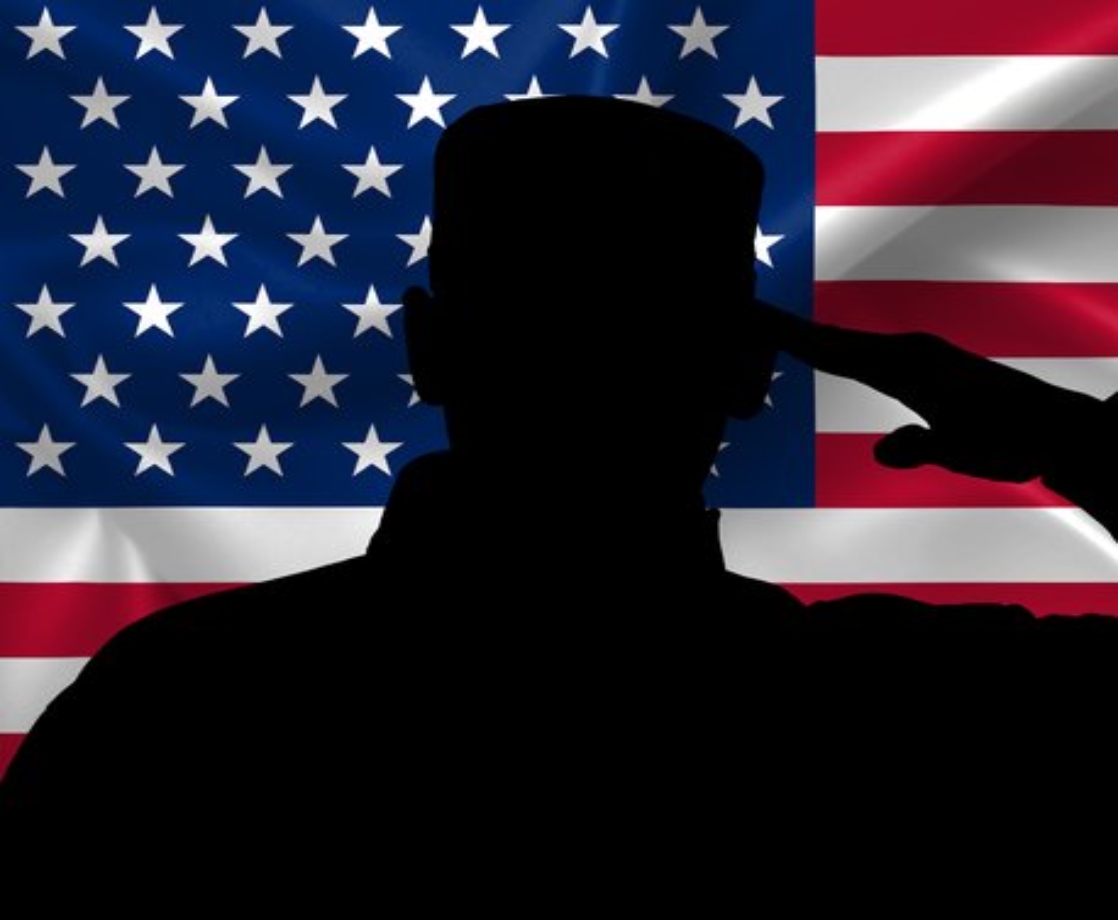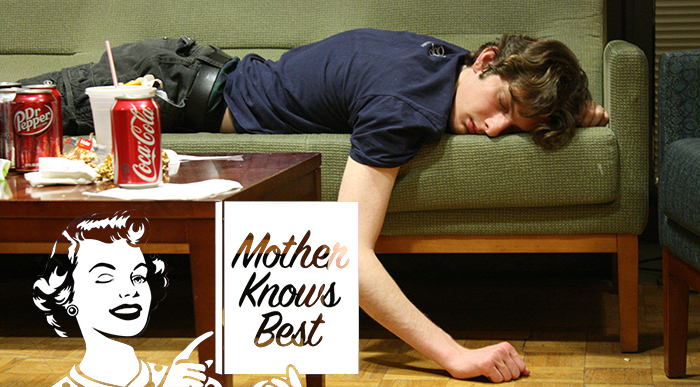PTSD may be one of the most devastating and difficult-to-treat disorders known to psychiatry. PTSD develops from severe trauma or neglect that literally restructures the brain so it’s constantly in fight-or-flight mode, always on the alert for some perceived danger or threat that could be lurking anywhere or inside anyone.
Although PTSD may have evolved as a survival mechanism, it can seriously compromise an individual’s ability to hold a job, maintain stable relationships, or to simply function day-to-day. PTSD patients typically suffer from chronic paranoia, social isolation, depression, and are at high risk for substance abuse and suicide.
Modern medicine can treat some of PTSD’s symptoms, but there is no known cure. One Iraq war veteran, however, thinks there is an effective treatment, but it’s currently outlawed as an illicit street drug worldwide.
After five suicide attempts, Jonathan Lubecky — a former US Marine and North Carolina National Guard infantryman who fought in Iraq — signed up for MDMA-assisted psychotherapy. MDMA is sold illegally as “ecstasy” or “molly,” but certified psychotherapists may dispense pure, pharmaceutical-grade MDMA at specially licensed clinics. He had already tried every other conventional approach to PTSD treatment, and none of them worked.
Gallery — Pop a Molly and Work Out Your Problems:
Lubecky’s last MDMA session took place in 2015, but he says the therapy was a success, and he remains healed to this day, even though he no longer takes MDMA.
“The MDMA puts the mind and body in a place where the therapy can work,” he told WRAL Investigates in 2018. Scientists believe MDMA rewires part of the brain that processes fear, anxiety, and the ability to re-learn. It’s that last feature — the ability to re-learn — that allows the patient to retrain their brain away from PTSD’s perpetual paranoia toward a more rational, healthy mindset.
MDMA-guided psychotherapy looks starkly different from recreational MDMA use at raves and festivals. Recreational users typically pop MDMA, then go dancing (or have sex) for hours on end. With assisted psychotherapy, patients are dispensed a single dose of MDMA, undergo talk therapy with a licensed psychiatrist or psychologist, then spend a night at the clinic while supervised. The following day, the patient may return home (after the drug wears off), and they cannot undergo MDMA-assisted therapy for another six to eight weeks.
Studies show that MDMA-assisted psychotherapy can effectively treat PTSD in as little as two sessions, though some patients require as many as eight. Although some of their symptoms may persist, most patients no longer qualify for a PTSD diagnosis after MDMA treatment.
As for Lubecky, he’s one of the few patients who, unfortunately, had his treatment put the ultimate real-word test. In August, he witnessed a shooting in Charleston, North Carolina. A bystander was shot, and he immediately began to administer first aid to the victim. Although the victim did not survive, Lubecky says the MDMA treatment worked, because he didn’t experience a PTSD relapse known as “shell shock,” where the patient dissociates and becomes wholly unresponsive in the face of trauma.
“Having somebody die right in front on you — get shot — is exceptionally traumatic,” he told WRAL. “I had some issues that evening. I had some nightmares. But after about two or three days, I’d processed the trauma, and I’m still PTSD free.”
Before MDMA-assisted therapy, Lubecky said, “I would have shut down for at least weeks, and I would have gotten into a very large downward spiral.”
In the US, MDMA is undergoing clinical trials overseen by the FDA. If MDMA-assisted psychotherapy clears the bureaucratic hurdles, it may become a widely available medical treatment within the next decade.
Follow Randy Robinson on Twitter











